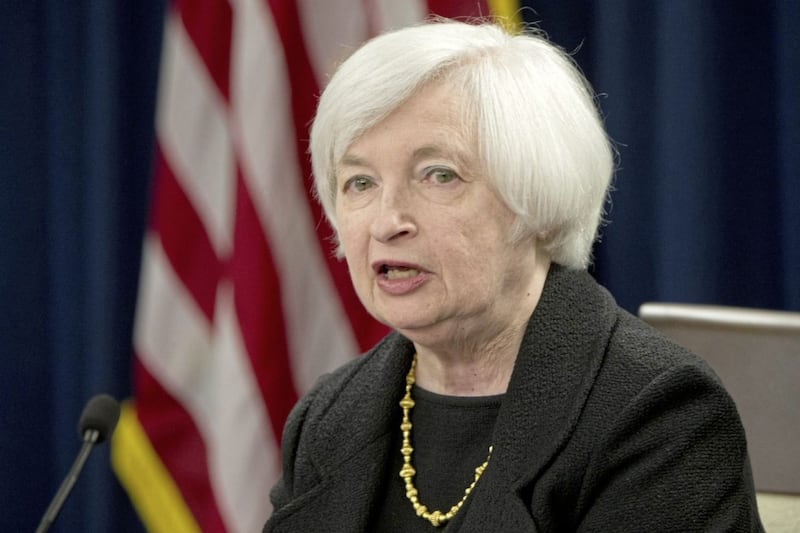OVER the last fortnight, we've had updates from three of the main central banks. In contrast to the overall dovish tone from the European Central Bank (ECB) meeting two weeks ago, last week’s Federal Reserve and Bank of England updates were on the hawkish side.
As expected, the Fed increased the target range for the fed funds rate by 0.25 per cent to 1-1.25 per cent. The Fed’s rate projections show that it expects US interest rates to rise to nearly 3 per cent by the end of 2019. But the financial markets expect US interest rates to rise to just below 2 per cent. The Fed also gave strong indications that it intends to start the process of gradually reducing its balance sheet before end year - another form of policy tightening.
Meanwhile, the Bank of England Monetary Policy Committee kept UK interest rates on hold in line with market expectations. It is clear from the minutes that there is increasing concern and focus on the evolving UK inflation outlook, with the recent higher than expected readings resulting in the MPC stating that its “tolerance of above target inflation” had been “reduced”. UK futures contracts suggest that the market is expecting that a UK interest rate hike could now occur towards the end of 2018 or early in 2019.
Currency market reaction to the updates has been relatively muted. While the US dollar and sterling traded higher in the immediate aftermath of their respective central bank meetings, the main foreign exchange pairs ended the week near to the levels where they started it. One reason for this is that politics is still a key focus for the financial markets.
In the US, given the current difficulties of the Trump administration, there is increasing scepticism about the extent of the fiscal policy measures that the President will be able to introduce. For the US dollar to regain some upward momentum more progress on the fiscal policy front is likely to be needed. For sterling, while the recent soundings from some key UK politicians have raised hopes for a ‘soft’ Brexit, negotiations only get under way this week and are fraught with difficulties. How these talks develop is likely to be the key factor influencing the UK currency in the period ahead.
After a couple of busy weeks which were dominated by central bank and political events, the main calendar items in the week ahead are economic data releases. Most of the main releases come in the Eurozone, with a raft of important leading indicators due for the month of June.
Survey data also feature in the US, with the June flash PMIs also due for release. The manufacturing PMI has continued to soften recently, averaging 52.8 in April/May, versus 54.2 in the first quarter. However, the services index has been more positive, averaging 54.1 after the first quarter’s 53.4. Both indices are forecast to improve slightly in June. Overall, the PMIs suggest a more positive performance from the US economy in the second quarter of the year.
Closer to home, there is a fairly sparse economic calendar in the UK this week. Public finance data for May is the main release. The deficit rose sharply at the start of the financial year in April, as weak consumer spending depressed VAT receipts. The deficit is expected to have narrowed in May compared to a year earlier. Not too much to get too excited about and most attention for UK market watchers will be focused on the commencement of Brexit negotiations.









